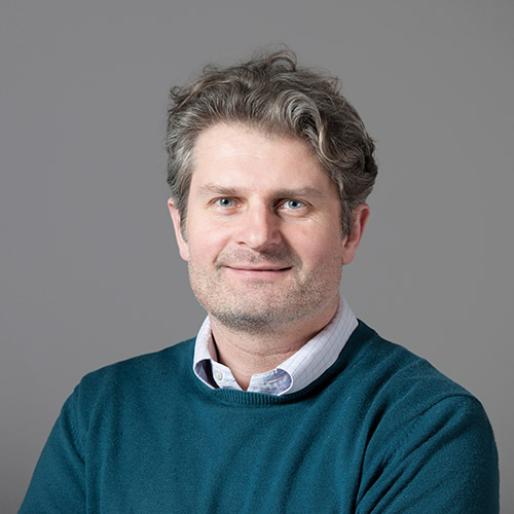The big picture: using wildflower strips for pest control

Farming Footprints and Adaptations
Adie's research interests broadly encompass the sustainability and resilience of agriculture. They specifically include a number of themes: 1) characterising pollutant emissions to water and air; 2) the development and application of pollutant source tracing procedures; 3) understanding cross-sector water pollution at different scales and the development of screening tools for contextualising the role of agriculture in water quality problems; 4) the impacts of agricultural pollution on aquatic ecology; 5) measuring and modelling the efficacy of on-farm interventions for managing agricultural sustainability and resilience, and; 6) scenario-based evaluation of technically feasible mitigation impacts on multiple outcomes for policy support. His expertise includes hydro-chemical monitoring at multiple scales, integrating empirical and modelling approaches for scaling up, and pollutant source fingerprinting. Between 2009-2020, Adie was a national PI of the UK Demonstration Test Catchment (DTC) programme. He was assistant director of the landscape scale UK Sustainable Intensification Platform (SIP) between 2014-2017. His recent UK research council projects include DIVERSe, an UKRI-BBSRC project testing the impact of different vegetation treatments in riparian buffers on hydrology and water quality; an UKRI-NERC project developing real-time pesticide risk assessment tools, the UKRI-BBSRC-funded Institute Strategic Programme (ISP) at Rothamsted Research, Soil to Nutrition (2017-2023), in which Adie led the work package on optimising sustainable intensification of agriculture at multiple scales, and the current UKRI-BBSRC funded ISP on Resilient Farming Futures (2023-2028) of which Adie is overall PI.